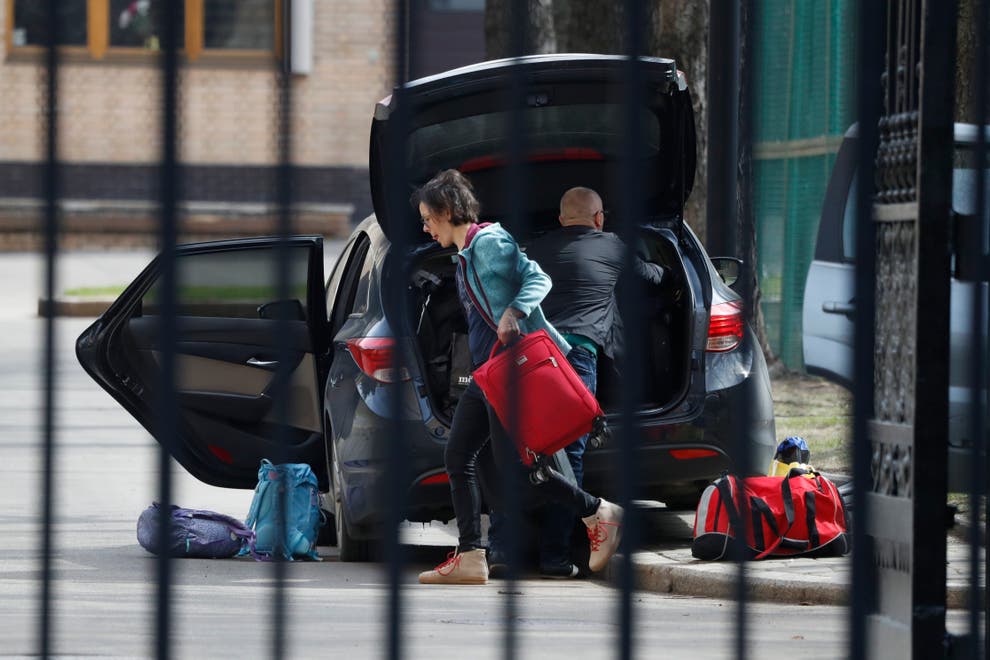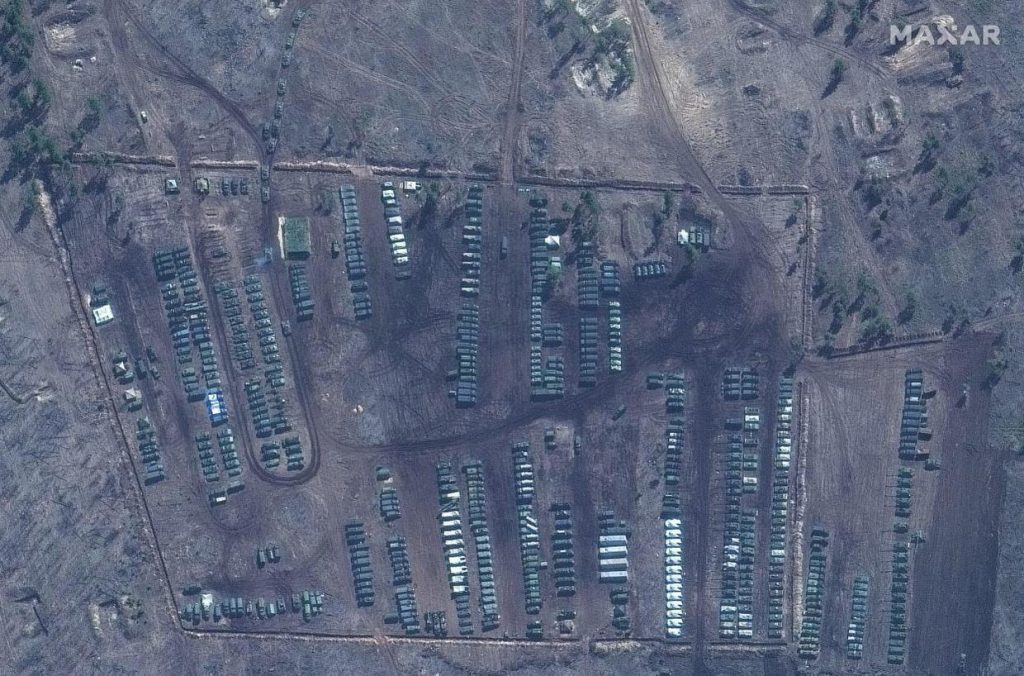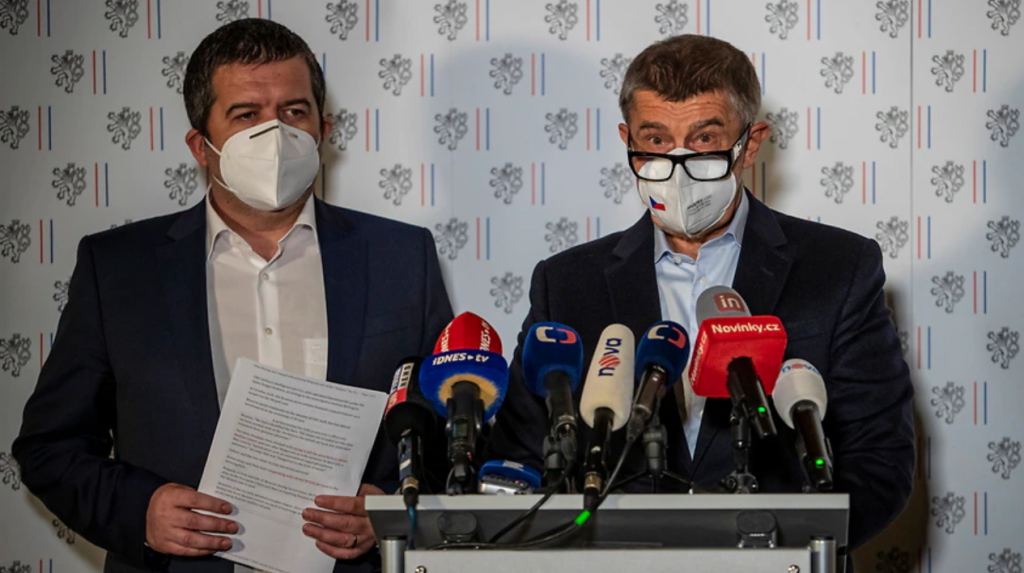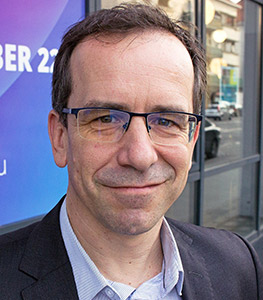David Stulík, a senior analyst at the European Values Center for Security Policy , was the latest guest of CEA Talk. He spoke about the expulsion of 18 Russian diplomats from the Czech Republic, the major depot explosion in Vrbetice linked to Russia’s intelligence services, and why the entire case is a “pleasant surprise” for prime minister Andrej Babiš.
LISTEN and SUBSCRIBE to CEA TALK podcast episodes on your smartphone using YouTube, Spotify, ApplePodcast, GooglePodcasts, TuneIn, SoundCloud, Deezer, PodcastAddict and RSS.
Host: Zoltán Kész
The news came as a surprise. The announcement of Prime Minister Andrej Babiš was a shock to Czechs. He announced last weekend that his country was expelling 18 Russian diplomats who had been identified as spies in a case related to an ammunition depot explosion in 2014.
The findings of the Czech secret services have shaken up the Czech political scene and will have far-reaching and long-lasting consequences. For the first time since 1968, when the Soviet Union occupied Czechoslovakia, the country has suffered an “attack” on its own territory conducted by officers of the Russian military intelligence service.
The Babiš-led government has delivered a “strong response” by expelling all those Russian citizens with diplomatic passports who were proved to have worked for Russia’s intelligence community. “We will see how far the conflict will escalate,” Mr Stulík said.
Not considered state terrorism
Although initially the Czech administration showed a strong response, its position was later reconsidered. “The government officials came to the conclusion that it would be better not to further escalate the situation.”

Photo credit: Pavel Golovkin, AP
President Miloš Zeman, well-known for his pro-Russia views, so far has remained silent on the issue, but he might be just waiting for the proper moment to talk. Nevertheless, his silence remains “quite telling.”
7 years of investigation
Identifying the perpetrators wasn’t an easy task. Only in a cooperation with allied intelligence services the local authorities could match the passports and personal data of two Russian officers. The Czech police said they were looking for two men holding passports used by the suspects in the attempted poisoning of Sergei Skripal in the English city of Salisbury in 2018.
“We have good reason to suspect the involvement of GRU officers from unit 29155 in the explosion at the ammunition warehouse in Vrbetice,” Prime Minister Babiš said.
Russian troops on Ukraine’s border
Simultaneously with the revelations by the Czech government, Russian troops amass the biggest military buildup ever on Ukraine’s border. “These are closely related developments,” Mr Stulík argued.

Russia has several domestic issues while the country is preparing for this year’s parliamentary elections. Questions of the economy, Covid19 and social policies cause serious concern for political leaders in Moscow. “The elections are kind of a momentum of truth for President Putin.”
Russia’s leader needs to refocus the attention of the public from domestic to external issues and is interested in increasing the pressure and escalation of relations with the West. “Putin’s arch enemy is the NATO,” the economist said.
Upcoming Czech elections
The revealing of the background of the Vrbetice explosion was a “pleasant surprise” for Babiš. In recent weeks, Czech politics has seen a strengthening of pro-Russian politicians and pro-Russian policies. President Zeman forced the prime minister to replace the country’s health minister and the foreign minister.
Jan Blatný was fired after refusing to support efforts to purchase Russia’s Sputnik V coronavirus vaccines. Tomas Petricek came under fire from Zeman for opposing Russia’s participation in a tender to build a nuclear reactor at the country’s Dukovany nuclear plant.

Political turbulence in the Czech Republic has also been fueled by the Communist Party’s announcement not to support the Babiš-led minority government any more. The Communists’ move could lead to an early collapse of the government and snap elections.
Remaining in power is vital for the prime minister and his ANO party. However, Babiš could soon face a vote of no confidence in parliament, the Covid situation is “significantly” improving and will produce more positive numbers in the summer. His public support is expected to grow and he needs to stay in government in order to harvest the dividends of his tough measures against the pandemic. “The results are there.”
Cover photo credit: Su-34 fighter jets and other military equipment at the Russian military’s Pogorovo training area, near Voronezh, Russia on April 10, 2021. Photo credit: Satellite image, Maxar Technologies

David Stulík is an economist, who worked for several years as the Press and Information Officer at the EU Delegation in Kiev, Ukraine. He is currently Head of Eastern European Program at the Prague-based European Values Center for Security Policy.
Photo credit: Europeanvalues.cz



